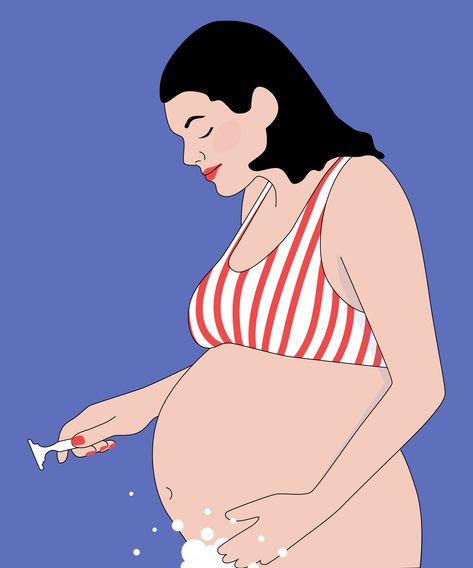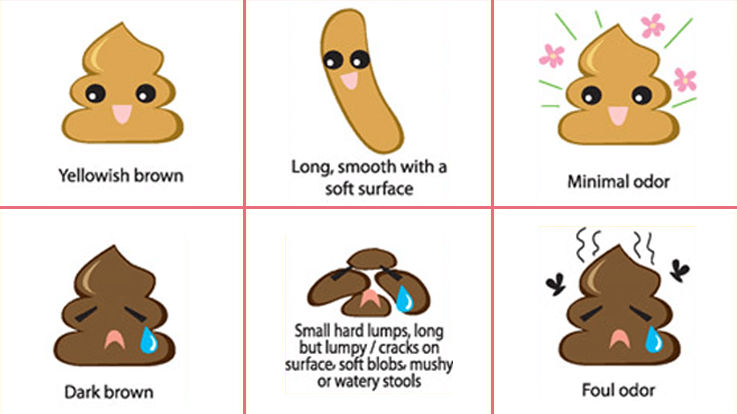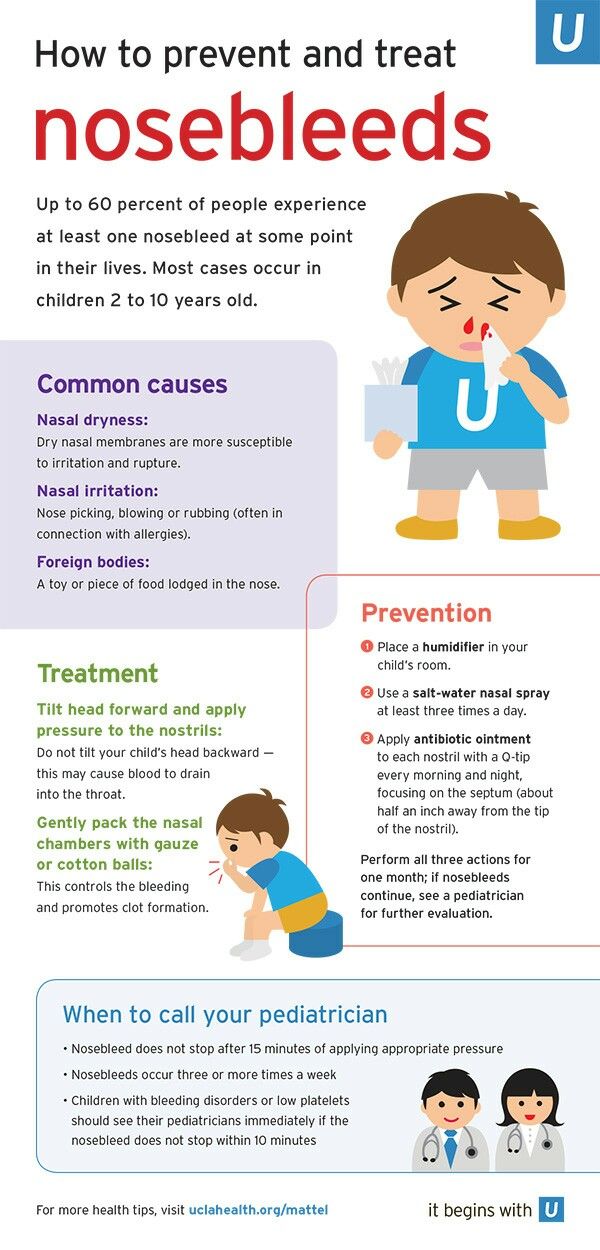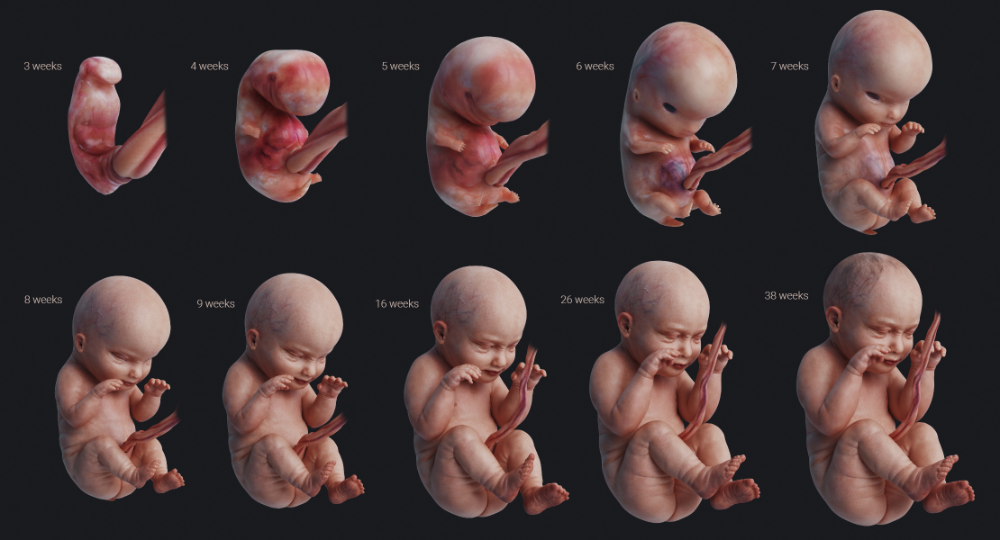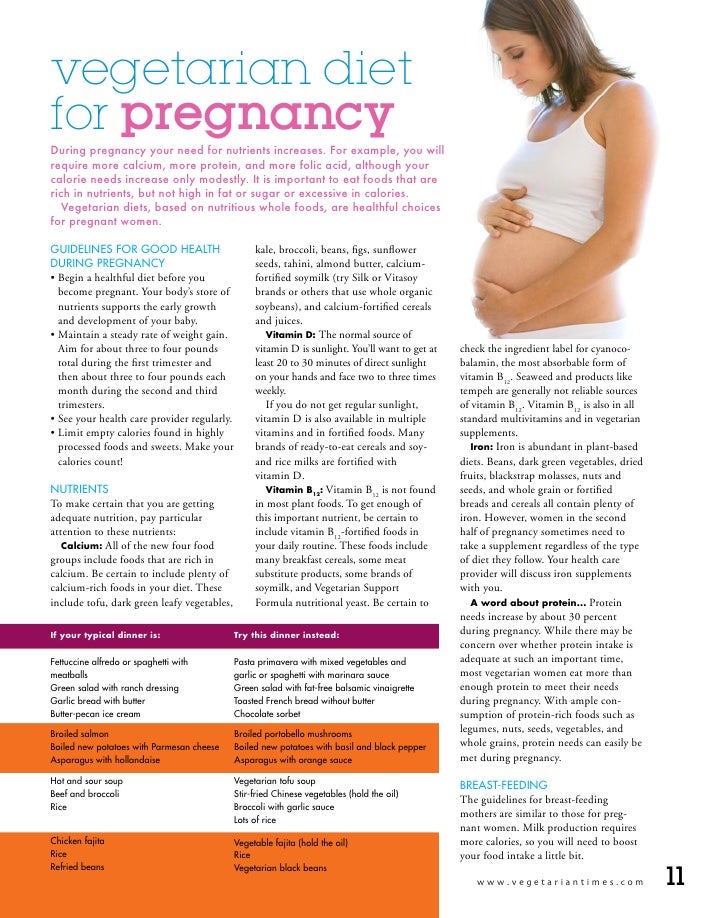Itchy tummy when pregnant
Itching and intrahepatic cholestasis of pregnancy
Itching is common in pregnancy. Usually it's thought to be caused by raised levels of certain chemicals in the blood, such as hormones.
Later, as your bump grows, the skin of your tummy (abdomen) is stretched and this may also feel itchy.
However, itching can be a symptom of a liver condition called intrahepatic cholestasis of pregnancy (ICP), also known as obstetric cholestasis (OC).
ICP needs medical attention. It affects 1 in 140 pregnant women in the UK.
Symptoms of ICP
The main symptom is itching, usually without a rash. For many women with ICP, the itching is often:
- more noticeable on the hands and feet, but can be all over the body
- worse at night
Other symptoms can include:
- dark urine
- pale poo
- yellowing of the skin and whites of the eyes (jaundice), but this is less common
Symptoms of ICP typically start from around 30 weeks of pregnancy, but it's possible to develop the condition as early as 8 weeks.
Non-urgent advice: Call your midwife or GP if you have itching that's:
- mild or distressing, possibly worse at night
- anywhere on your body, but may be worse on the palms of your hands and soles of your feet
Feeling itchy like this can be a sign of ICP and needs to be checked.
Mild itching
Wearing loose clothes may help prevent itching, as your clothes are less likely to rub against your skin and cause irritation.
You may also want to avoid synthetic materials and opt for natural ones, such as cotton, instead. These are "breathable" and allow the air to circulate close to your skin.
You may find having a cool bath or applying lotion or moisturiser can help soothe the itching.
Some women find that products with strong perfumes can irritate their skin, so you could try using unperfumed lotion or soap.
Mild itching is not usually harmful to you or your baby, but it can sometimes be a sign of a more serious condition, particularly if you notice it more in the evenings or at night.
Let your midwife or doctor know if you are experiencing itching so they can decide whether you need to have any further investigations.
Intrahepatic cholestasis of pregnancy
Intrahepatic cholestasis of pregnancy (ICP) is a potentially serious liver disorder that can develop in pregnancy.
Normally, bile acids flow from your liver to your gut to help you digest food.
In ICP, the bile acids do not flow properly and build up in your body instead. There's no cure for ICP, but it should go once you've had your baby.
ICP seems to run in families, but it can happen even if there is no family history. It is more common in women of south Asian origin, affecting around 1 in 70 to 80 pregnancies.
It is more common in women of south Asian origin, affecting around 1 in 70 to 80 pregnancies.
If you have had ICP in a previous pregnancy, you have a high chance of developing it again in another pregnancy.
Some studies have found that babies whose mothers have ICP have a higher chance of being born prematurely or stillborn.
Because of the link with stillbirth, you may be offered induction of labour. This could be any time from 35 weeks, depending on the level of bile acids in your blood.
If you have ICP, you will probably be advised to give birth in hospital under a consultant-led maternity team.
Diagnosis and treatment of ICPICP is diagnosed by excluding other causes of the itch. Your doctor will probably talk to you about your medical and family history and order a variety of blood tests.
These will include tests to check your liver function (LFT) and measure your bile acid levels (BA).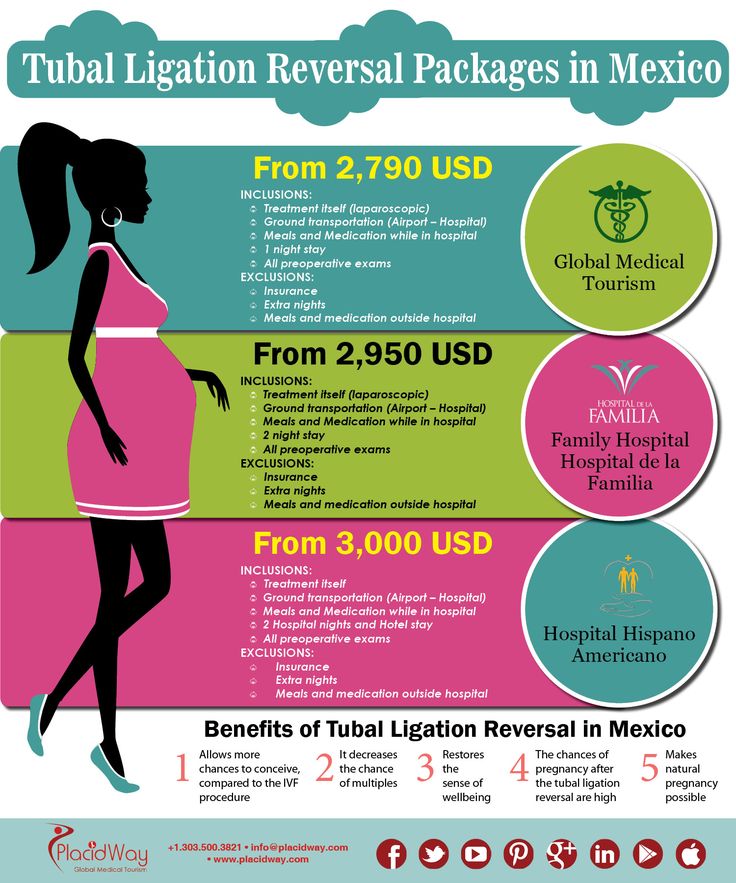
If you are diagnosed with ICP, you will have regular liver function tests so your doctor can monitor your condition.
There is no agreed guideline on how often these tests should happen, but the Royal College of Obstetricians & Gynaecologists (RCOG) and the British Liver Trust advise weekly tests.
ICP Support, the UK's largest research group investigating ICP, also recommends weekly bile acid measurements. These readings help doctors recommend when your baby should be born.
If your LFTs and bile acids are normal and you continue to have severe itching, the blood tests should be repeated every week or 2, to keep an eye on them.
Creams and medicines for ICPCreams, such as aqueous cream with menthol, are safe to use in pregnancy and can provide some relief from itching.
There are some medicines, such as ursodeoxycholic acid (UDCA), that help reduce bile acids and ease itching.
UDCA is considered safe to take in pregnancy, although it is prescribed on what is known as an "informed consent" basis as it has not been properly tested in pregnancy.
You may also be offered a vitamin K supplement. This is because ICP can affect your absorption of vitamin K, which is important for healthy blood clotting.
Most experts on ICP only prescribe vitamin K if the mother-to-be reports pale stools, has a known blood clotting problem, or has very severe ICP from early in pregnancy.
If you are diagnosed with ICP, your midwife and doctor will discuss your health and your options with you.
Further information
The Royal College of Obstetricians & Gynaecologists (RCOG) has more information about obstetric cholestasis, including what it means for you and your baby, and the treatment that's available. You can also get information about ICP from the British Liver Trust.
You can also get information about ICP from the British Liver Trust.
The charity ICP Support provides information about ICP. You can also watch their video about ICP featuring mums and clinical experts.
Community content from HealthUnlockedThe difference between an itchy belly and obstetric cholestasis
It’s perfectly normal and common for pregnant women to experience some sort of itching as their bellies—and other body parts—expand, but not all pregnancy itchiness is created equal.
It’s perfectly normal and common for pregnant women to experience some sort of itching as their bellies—and other body parts—expand, but not all pregnancy itchiness is created equal.
I remember the first time I said to my husband, “I feel itchy.” It was a weeknight, and I felt a strange and distinct urge to scratch at the palms of my hands for most of the day. The same sensation returned the following morning and, within days, had spread to my legs and feet.
I made an appointment with my OB/GYN. She ordered blood tests and, within days, we had a diagnosis: I was suffering from obstetric cholestasis. I was seven months pregnant and had weeks of constant scratching ahead.
Sleep was hard to come by. I found myself taking cold showers several times a day and using cream to cool off the itchiness. It felt like I was being bitten by a swarm of mosquitoes in the dead of summer.
What is obstetric cholestasis?Obstetric cholestasis is a pregnancy-specific liver disorder, explains Nancy Kent, associate head of maternal fetal medicine at BC Women’s Hospital and Health Centre. This rare condition occurs in only 0.1 to two percent of pregnancies worldwide. It typically develops later in pregnancy, but in rare cases, it can present as early as the first trimester. In genetically predisposed women, the increase in hormones during pregnancy triggers a problem where bile acid transfers from the liver to the blood.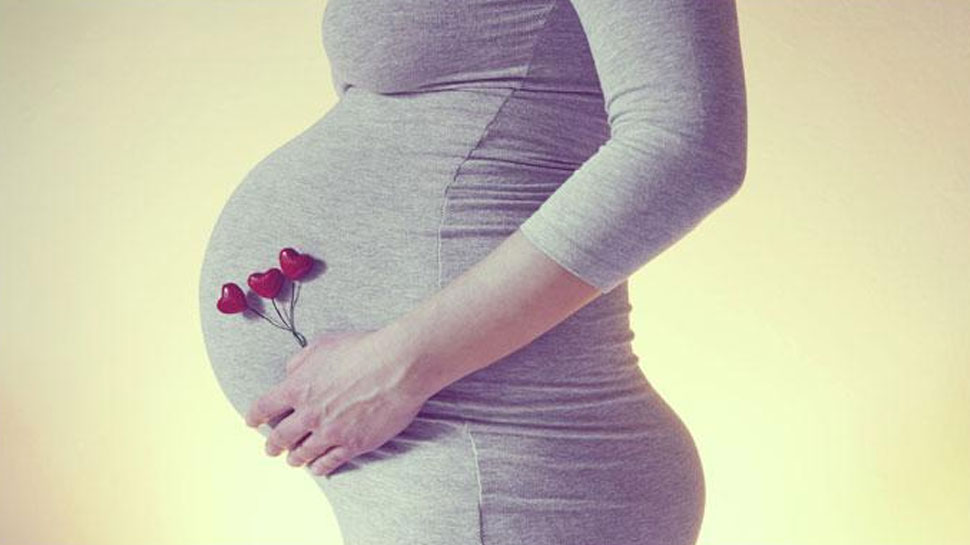
The problem is likely exacerbated because the liver is working extra hard to serve two people. A liver that isn’t functioning as effectively allows for a build-up of bile, which is then secreted into the bloodstream, causing itchy hands and feet. In some cases, the irritation is present all over the body, as it was in my case.
What are the risks of obstetric cholestasis to mother and baby?While the biggest issue for moms suffering from obstetric cholestasis is itching, there are other risks for babies, such as higher rates of stillbirth and preterm birth, fetal heart rate complications during labour, and lung problems caused by increased meconium in the amniotic fluid.
“The risk [of stillbirths] increases with higher bile acid levels,” explains Greg Athaide, an OB/GYN at Lakeridge Health in Oshawa, Ont. He says that experts think this happens because bile acids accumulate in the placenta, amniotic fluid and fetus. Because stillbirths often happen around the 37- to 39-week mark, women with obstetric cholestasis are typically induced around 37 weeks.
When to worry about swelling during pregnancy The only way to conclusively diagnose obstetric cholestasis is by performing a blood test. “The test looks at levels of bile acids in the bloodstream,” says Kent. “For an official diagnosis, the bile acid must measure greater than 10 micromoles per litre.”
“We often repeat the blood testing to see how the levels of bile acids are behaving,” adds Athaide. “Depending on the results, further tests to monitor the pregnancy may be arranged.”
Who is at risk of getting obstetric cholestasis?Obstetric cholestasis appears to run in families, according to Kent. “It is also more common in women with multiple pregnancies [twins and triplets], in vitro fertilization pregnancies or underlying liver disease, as well as women of Chilean descent and Indigenous women in North America,” she says.
Women who develop obstetric cholestasis are also more at risk of getting it again.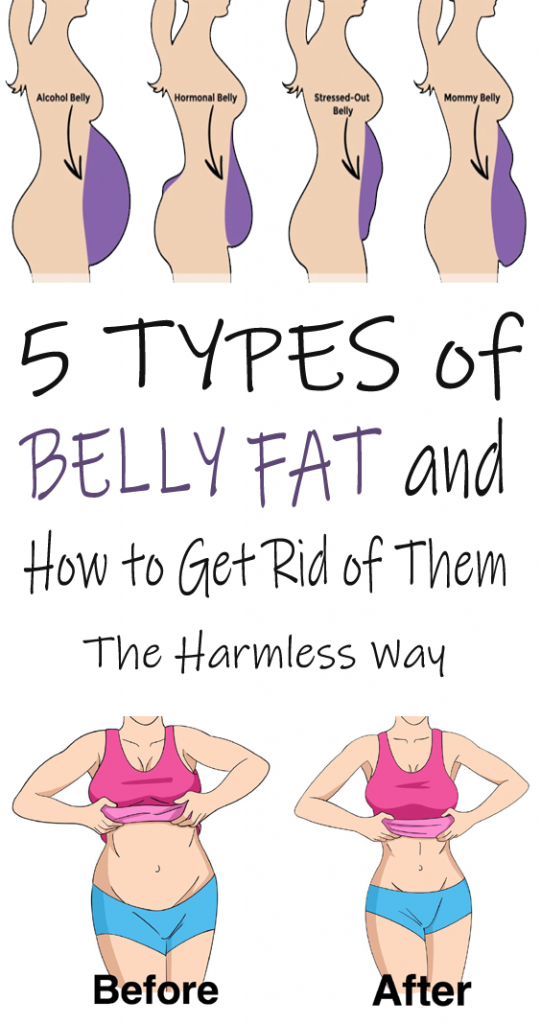 Recent research suggests a 90 percent chance of the condition reoccurring in subsequent pregnancies, while more conservative numbers peg that figure at between 30 and 50 percent.
Recent research suggests a 90 percent chance of the condition reoccurring in subsequent pregnancies, while more conservative numbers peg that figure at between 30 and 50 percent.
A pregnant woman with obstetric cholestasis will need to be monitored more closely. Depending on her symptoms and the level of bile acids in her system, the condition and itching can be treated with a medication called ursodeoxycholic acid (or Urso, for short), which was still not widely prescribed when I was pregnant five years ago. Kent says it can be taken up to three times a day, usually starting at 250 milligrams per dose. “There is good evidence that Urso can take away the itch and lower the abnormal liver function tests and bile acid levels in the blood,” she says.
The medication is taken until the baby is delivered and then stopped. Doctors say that the woman’s liver function will likely return to normal soon after delivery, and that’s when the itchiness dissipates, too.
I was induced at 38 weeks. I was wheeled into the operating room for an emergency C-section because doctors were concerned about my son’s fetal heart rate—one of the potential complications of obstetric cholestasis. But I gave birth to a healthy baby boy who is now five. And, like my doctor promised, the severe itching went away almost immediately.
Read more:
Third trimester pregnancy aches and pains—and how to treat them
This is why you shouldn’t take too many antacids during pregnancy
Stay in touch
Subscribe to Today's Parent's daily newsletter for our best parenting news, tips, essays and recipes.- Email*
- CAPTCHA
- Consent*
Yes, I would like to receive Today's Parent's newsletter.
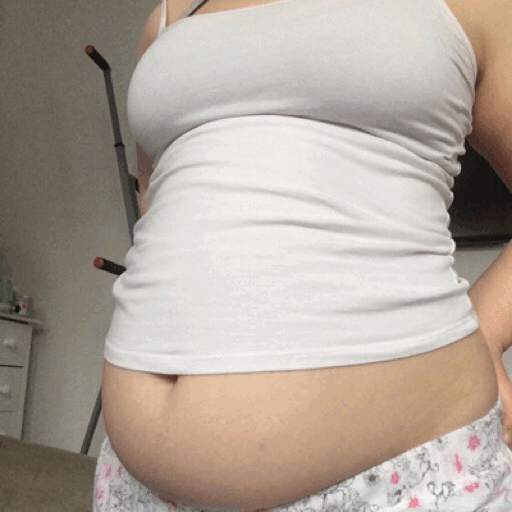 I understand I can unsubscribe at any time.**
I understand I can unsubscribe at any time.**
FILED UNDER: Labour and delivery Pregnancy complications Pregnancy conditions pregnant body Third trimester
Itching of the abdomen during pregnancy
Does it itch during pregnancy? This is a common complaint of so many women in position. Moreover, not only the stomach can itch, but also other places. Sometimes this itching is so unbearable that it interferes with normal sleep.
Let's find out what causes this itch and what can be done about it.
During pregnancy, a woman's body undergoes strong changes both on the physical plane - an increase in the breast and abdomen, and on the hormonal plane. All this will certainly affect the condition of the skin. On the one hand, it is mechanically stretched by the uterus growing inside (or “waking up” mammary glands, if we are talking about breasts). On the other hand, “pregnant” hormones negatively affect the production of elastin and collagen, which are responsible for skin firmness and elasticity. It becomes dry, prone to peeling, loses its ability to stretch without consequences. Paradoxical, but true. The skin has to stretch, and the production of substances responsible for "painless" stretching is reduced. The cells do not withstand, and as a result, we observe small stripes - stretch marks or striae. nine0003
It becomes dry, prone to peeling, loses its ability to stretch without consequences. Paradoxical, but true. The skin has to stretch, and the production of substances responsible for "painless" stretching is reduced. The cells do not withstand, and as a result, we observe small stripes - stretch marks or striae. nine0003
Note that itching of the skin of the abdomen and the appearance of stretch marks are two completely different processes, and the presence of itching does not at all mean that stretch marks will appear soon, just as the appearance of stretch marks is not always preceded by itching.
During pregnancy, a woman's body actively stores fat, because it contains a storehouse of useful substances for future milk. This process is completely normal and physiologically determined. And if a woman was very thin before pregnancy, then the resulting fat can “stretch” her skin in completely different places. That is why, in addition to the abdomen and chest, the hips can itch, especially the inner side, sides, buttocks, and sometimes even the shoulders and forearms.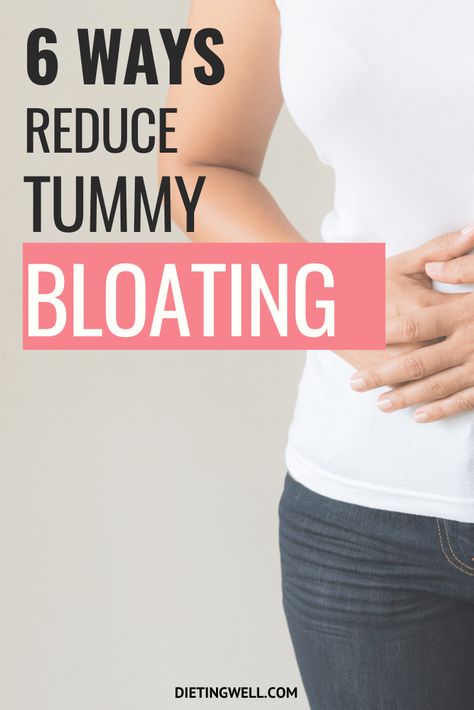 nine0003
nine0003
So, let's look at the main reasons why the skin of the abdomen itches during pregnancy, and think about what can be done about it.
1. The most common cause of abdominal itching during pregnancy is a very rapid increase in the uterus and other parts of the body, in which the skin does not have time to adjust and stretch without consequences. In this case, to relieve itching, and at the same time to some extent prevent the appearance of stretch marks, timely moisturizing and massage of the skin will help. Eliminate the use of shower gel and soap, cleanse the skin with plain water. Massage can be performed in the shower with a medium-hard washcloth, or you can use a soft brush for dry massage. It is important that all these procedures should bring only pleasant sensations, there should be no pain. Moisturize your skin with olive oil. This natural product has proven itself hundreds of years ago. Some women find it helpful to use talc-based baby powder. Choose one that is fragrance-free. There are also specialized creams for stretch marks, but their effectiveness has not been proven. In women who used them during pregnancy, stretch marks appeared with the same frequency as in those who did not use them. nine0003
There are also specialized creams for stretch marks, but their effectiveness has not been proven. In women who used them during pregnancy, stretch marks appeared with the same frequency as in those who did not use them. nine0003
2. The next cause of abdominal itching during pregnancy is mechanical irritation. This includes a reaction to washing powders and fabric softeners; tight, tight clothing; synthetic, non-breathable fabrics. Choose for washing only the most natural and environmentally friendly products. Choose clothes according to size, and preferably loose. Avoid overheating - sweat begins to irritate the already delicate skin, causing additional discomfort. For the same reason, preference should be given to clothing and underwear made from natural fabrics that can pass air and moisture. nine0003
Delicate, loose-fitting maternity and nursing shirt will not disturb sensitive skin. Article 1-NMP 17502
Thin, pleasant to the body cotton shirt for pregnant women and lactating women.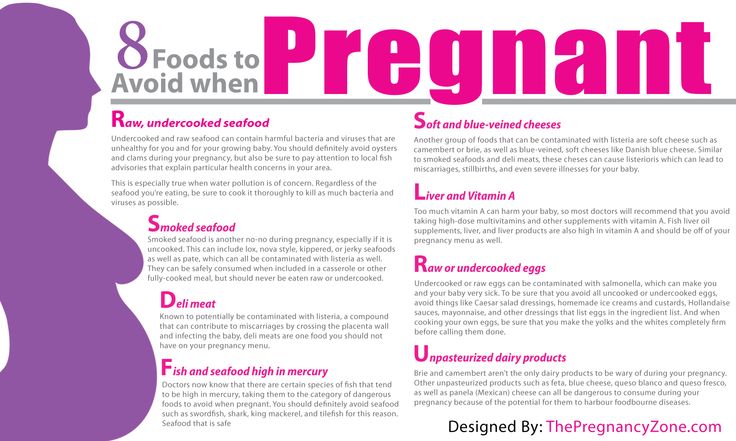 Article 1-NMP 07501
Article 1-NMP 07501
Comfortable shirt for pregnant and lactating women with a secret for feeding. Article 1-NMP 23901
3. Another non-obvious cause of itching that can occur during pregnancy is an allergy. Even if a woman was not allergic before pregnancy, this reason should not be excluded from the list of possible ones. In this case, it is important not only to change all washing and detergents to environmentally friendly, and clothes and linen to cotton or linen, but also to minimize the use of cosmetics, creams and other skin care products. Itching can be a reaction even to those remedies that a woman used without consequences before pregnancy. Also, delay eating exotic fruits and foods, because food allergies can also cause itching. nine0003
4. The most unpleasant and dangerous cause of abdominal itching during pregnancy is diseases of the internal organs, in particular, the liver. If itching is not limited to places that increase due to pregnancy, especially if the back, hands and feet itch regularly and quite noticeably, you should immediately consult a doctor to exclude such unpleasant diseases as pancreatitis, hepatitis, preeclampsia, cholecystitis and cholestasis.
No matter for what reason your stomach itches, there are general rules that are useful for every pregnant woman to follow in order to maximize her health and well-being, and so that the baby grows up as healthy as possible. nine0003
The first thing you should pay close attention to is the nutrition and drinking regimen of a pregnant woman. The condition of the skin directly depends on how healthy the woman's body is as a whole. And any skin manifestations, whether it be acne, blackheads, excessive oiliness of the skin or its dryness, are regulated by nutrition. No need to start using acne remedies, because with the help of rashes, the body gets rid of something unnecessary. Better regulate your diet by eliminating all refined foods (in particular, white flour and sugar), and increase your intake of pure water, and then you will see how the skin clears itself. Foods rich in vitamins A and E will give the skin more elasticity and reduce itching. Raw carrot salad with an apple is a storehouse of nutrients for a future mother. Raw vegetables are not only rich in vitamins and minerals, they cleanse the intestines well and regulate stools, which is very important during pregnancy. nine0003
Raw vegetables are not only rich in vitamins and minerals, they cleanse the intestines well and regulate stools, which is very important during pregnancy. nine0003
The second is physical activity and sleep. How active a pregnant woman leads a lifestyle directly affects her metabolism, which means her health in general, which will certainly affect her well-being. Light physical activity every day, walks, fresh air and sunbathing in moderation have a very beneficial effect. The expectant mother needs to sleep in sufficient quantities, and the sleeping room must be ventilated. It is best to sleep with the window ajar, even in winter. To have a constant supply of oxygen. Being in a stuffy room provokes many health problems: the quality of sleep decreases, fatigue and fatigue appear. nine0003
Comfortable maternity and breastfeeding tank top gently holds the breast without squeezing it. Article 1-NMP 09702
Nursing bra makes breastfeeding easy.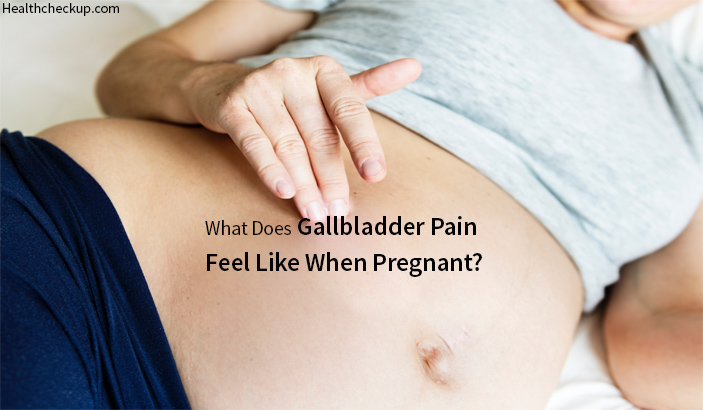 Article 1-НМ 9733
Article 1-НМ 9733
T-shirt for pregnant women and nursing mothers made of cotton perfectly passes air and absorbs excess moisture. Article 1-NMP 22002
The third is the exclusion from use of non-ecological detergents, cleaning products, as well as soaps, shampoos, deodorants, cosmetics, creams, air fresheners and everything that a pregnant woman has contact with. Studies were conducted on cord blood taken from newborns, and substances from household chemicals and cosmetics used by a pregnant woman were found in it. These studies prove that the uteroplacental barrier is not as "strong" as some people think. And that it is very important for the expectant mother to ensure that contact with any kind of non-environmentally friendly means in everyday life is minimized, which will help prevent possible health problems in the child in the future. Separately, it is worth noting the harm from hair dyes and nail polishes, mainly from inhalation of their vapors. nine0003
nine0003
The fourth thing worth paying attention to is skin care, including the belly and chest. Arrange more often water procedures, contrast douches, ice massage. Pregnancy is a very favorable time to switch from chemical skin care products to natural ones. Oils - olive, almond, avocado and others - are indispensable helpers in skin care. Infusions of medicinal herbs - chamomile, string, birch leaves, sage - have also proven themselves well. You can wipe the skin with them, or you can freeze them, so that later you can use ice cubes with medicinal herbs. nine0003
Monthly weight gain during pregnancy
Get more rest, take care of yourself, let your food and products that you use be as useful or at least harmless as possible.
Why does the skin itch during pregnancy?
Skin itching during pregnancy is not a very common phenomenon. Most often, the skin begins to itch unbearably (as after mosquito bites) in the evening, closer to night, which can provoke insomnia and generally worsen a woman’s mood.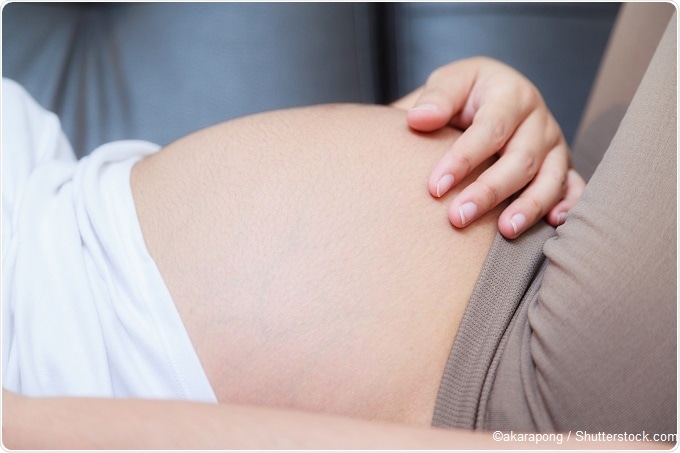 Usually itching does not harm the baby and goes away after childbirth. However, it is still worth consulting with a gynecologist and dermatologist. nine0003
Usually itching does not harm the baby and goes away after childbirth. However, it is still worth consulting with a gynecologist and dermatologist. nine0003
What does it come from?
The cause of itching during pregnancy in most cases is a violation of the liver: the production and outflow of bile, a general increase in the level of bilirubin in the blood. This is due to a hormonal failure in the body of the future mother - a violation of the synthesis of estrogens, as well as due to fetal pressure on the bile ducts. The fatty acids produced in large quantities enter the woman's skin with the bloodstream and irritate the nerve endings, causing excruciating itching. Similar phenomena associated with stagnation of bile in the body can make themselves felt in the third trimester of pregnancy. Sometimes itching is accompanied by such dangerous diseases as diabetes mellitus. nine0003
Who is predisposed?
Itching during pregnancy is usually observed in women with chronic diseases of the biliary tract and with high levels of cholesterol in the blood. Such future mothers need to regularly (at least once a month) do a biochemical blood test to exclude toxic effects on liver cells.
Such future mothers need to regularly (at least once a month) do a biochemical blood test to exclude toxic effects on liver cells.
How to fight?
A pregnant woman should tell her gynecologist about the discomfort associated with skin itching. In some cases, itching can be a sign of the development of such a dangerous disease as hepatitis. The doctor will conduct appropriate examinations. If, according to an objective examination, itching does not pose any danger, it is often possible to get rid of discomfort simply by following a diet aimed at lowering cholesterol levels, limiting the intake of fatty, spicy and salty foods that prevent the liver from coping with the function of bile secretion, as well as drinking plenty of water - it is necessary to eliminate dry skin. If the diet does not help, the doctor may prescribe choleretic drugs suitable for pregnant women. nine0003
It is important to find the cause of the bothersome itching, eliminating a whole group of skin diseases that can occur during pregnancy.